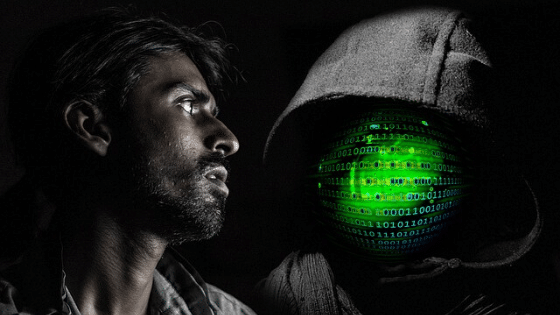The Dark Web, the obscure internet that many people do not know: what is it for and what are the risks? Here are all the advantages and dangers of the underground web.

The Dark Web: a little known reality but for many it represents a real internet portal of infinite possibilities. Often, behind full access to unfiltered content granted by the Dark Web, there are many opportunities and very serious risks that can make the internet a potentially dangerous place.
The term Dark Web, which clearly stands out from that of Deep Web, has recently returned to the fore thanks to the maxi operation conducted by the Guardia di Finanza, called Darknet, which led to some arrests and seizures for the Belrusconi Market platform. Is the Dark Web really that dangerous? What is the risk of navigating the secret internet, and what are the hidden threats (even on a legal level)? Let’s try to shed some light.
Dark Web: is it dangerous? What is it for?
The Dark Web, a resource that, to hear its name, appears to be extremely sci-fi, is actually accessible by anyone: just choose the right application, we have explained to you how to do it from Tor, to start navigating inside the dark side of the internet.
What is it for? In essence, it allows you to browse all that part of the internet that is not indexed and that is even more in depth than the Deep Web (which actually moves across a whole other plane). Recent research has shown that within the Dark Web there are only a few thousand web addresses, compared to the traces on the normal portal that we all use every day.
What is found and how is it accessed? We have explained it to you in an in- depth guide, but as for the content you can really find everything (think that the BBC itself has opened a mirror portal on the Dark Web to allow anyone to access the information site, even to connected users from countries with a prohibitive political context).
Inside, however, decidedly dangerous realities are hosted, such as the vast black market that covers more sectors (from drugs to arms to, in the most glaring cases, the trafficking of organs to child pornography).
Dark Web: what you risk (legally and not only)
Access to the Dark Web does not involve any risk, at least in a purely legal sense. Everything depends on how you use and what you choose to look for: by turning to the purchase of smuggled products, you are obviously exposed to penalties and consequences that go as far as the penalty (going to complete a series of crimes concerning the laws that regulate and contrast the black market).
It is also true that the Dark Web, being the deepest and most hidden side of the internet, has the strength to be difficult to track: the term “Dark” derives from the invisibility given by this online space, which makes searches almost impossible to trace (this type of Network, as well as illicit traffic, is also used by dissidents and activists who can safely access
the internet).
There is no lack of controls by special forces and various national 007s, which monitor and exploit the Dark Web to counter potential global and local threats. In addition to legal risks, in the case of unwarranted purchases, the Dark Web also exposes itself to other threats such as the high risk of hacking, especially for less experienced users who venture into unknown territories: webcam hacked to spy on you, data stolen sensible and compromising material put on the hard disk can only be some of the most extreme consequences in which you run into routinely in the shadow internet.
Returning to the illegal traffic, to get a more precise idea we can refer to a 2016 research carried out by Terbium Labs which, on a causal sample of about 400 url (with .onion domain, that needed to access the Dark Web) found that half of the selected portals contained illegal content: in percentage terms the drug trade was in the lead, followed by that of drugs, sites for fraud and hacking services. There are also those who testify to the presence of professional killers and hired assassins: it is enough to give an idea of how vast and risky this dark side of the internet is.
